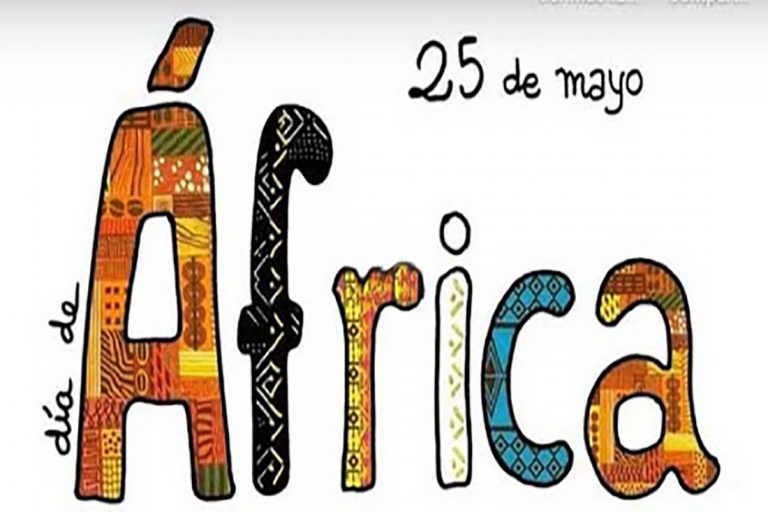Por: Oreidis Pimentel Pérez
Every May 25th, UNESCO dedicates an international day to Africa, the cradle of humanity, a portion of the world map affected by the extraction of millions of men and women to be exploited as slaves, a condemnation of enduring poverty for centuries.
The date is the culmination of the Universal Declaration on cultural diversity, therefore the month of May segments the continents in terms of days to make a more extensive scientific review of various anthropological issues.
The Cuban case is almost typical in terms of Caribbean nations impregnated by the flow of millions of men and women bearing ancestral knowledge from the aforementioned region, at the same time heir to the relationship between racism and social differences as lasting prejudices.
The recognition of the African legacy in the conformation and expression of history and identity are in the XXI century one of the most discussed issues on the Island, especially socio-religious traditions (for example, La Regla de Ocha or Santeria), the gender perspective among Afro-descendants and the Afro presence in music and language.
Africa’s mark in the city
From Camagüey, multiple actions related to the preservation and rescue of these legacies could be mentioned, from the operation of a Folkloric Ballet with convening power to carry out a national festival called Olorum, research and diploma papers, sociocultural projects, the links with the Cuban Committee of the UNESCO Slave Route through the UNEAC Aponte Commission and scientific events such as José Antonio Aponte in Memoriam himself. However, there are always national efforts to incorporate knowledge of African heritage into the teaching system.
The Cuban variant of Spanish that we speak, the music, the cuisine, the traditional festivals, the different religious manifestations and other ethnological elements have the unmistakable original mark of the black continent. “Without blacks, Cuba would not be Cuba,” said Cuban anthropologist and researcher Fernando Ortiz, and therefore without Africa we would not be us today.
Translated by: Aileen Álvarez García






